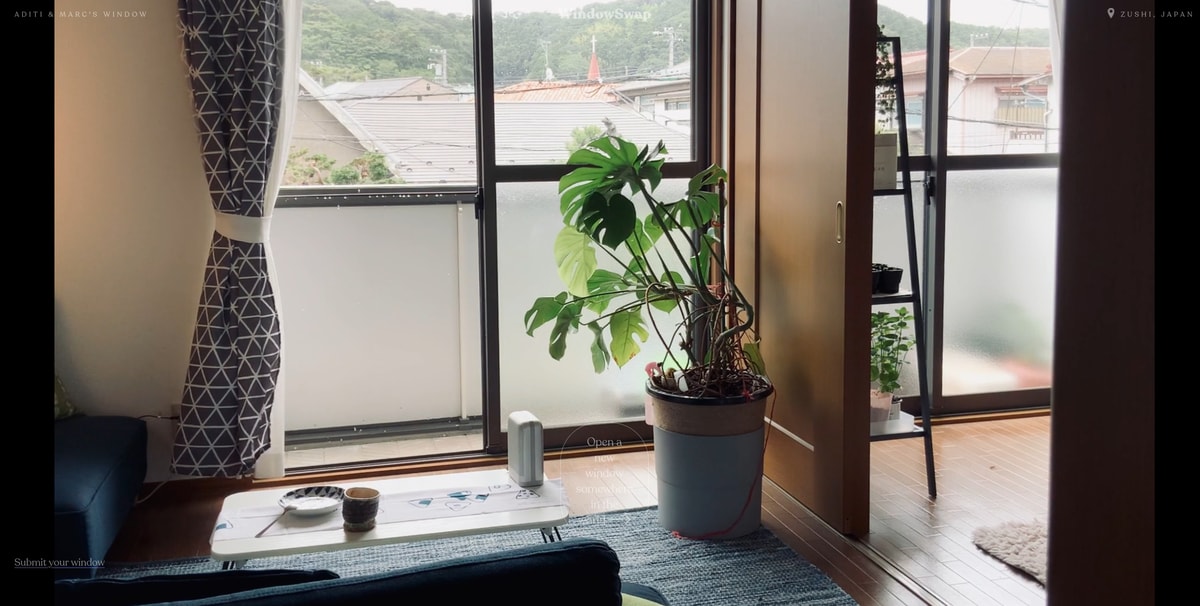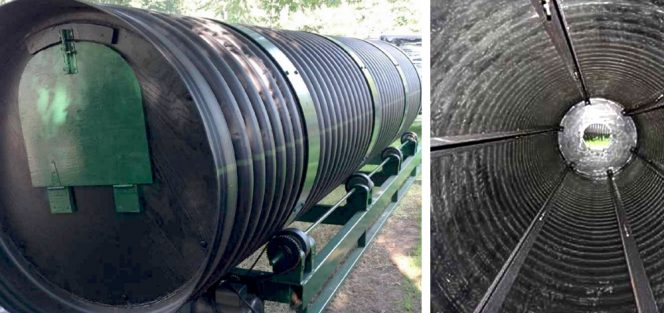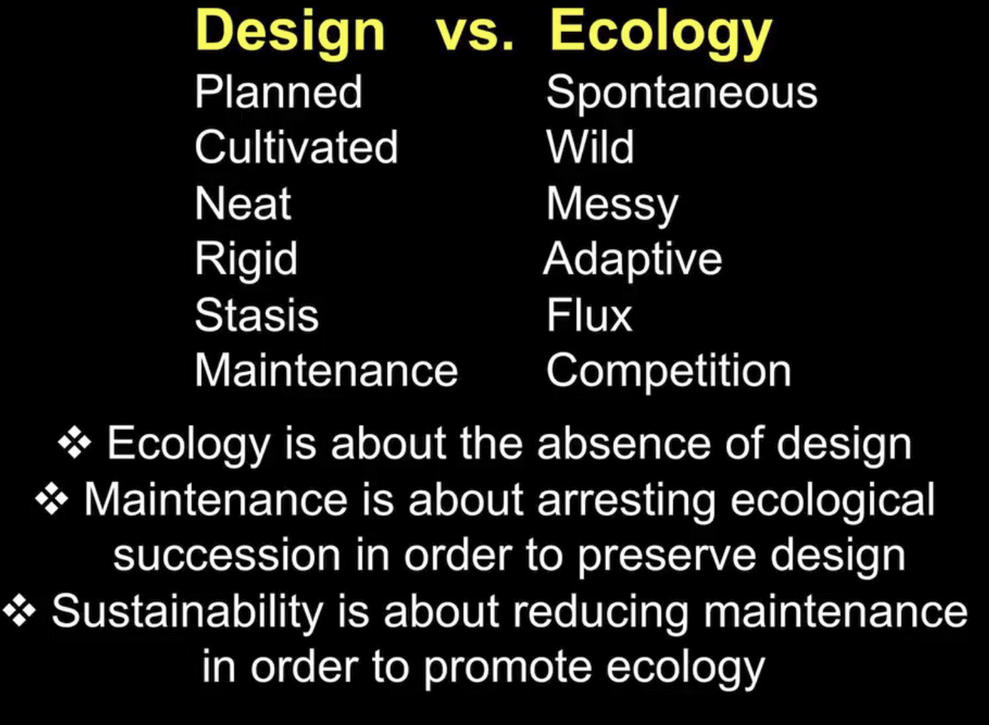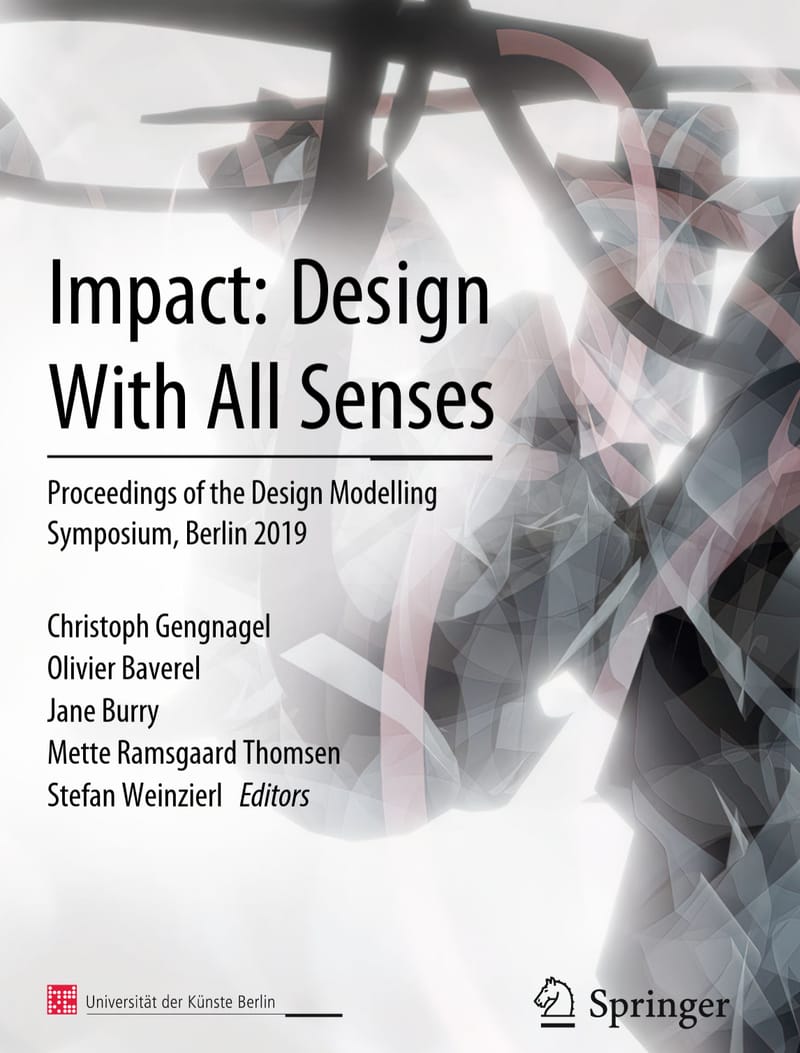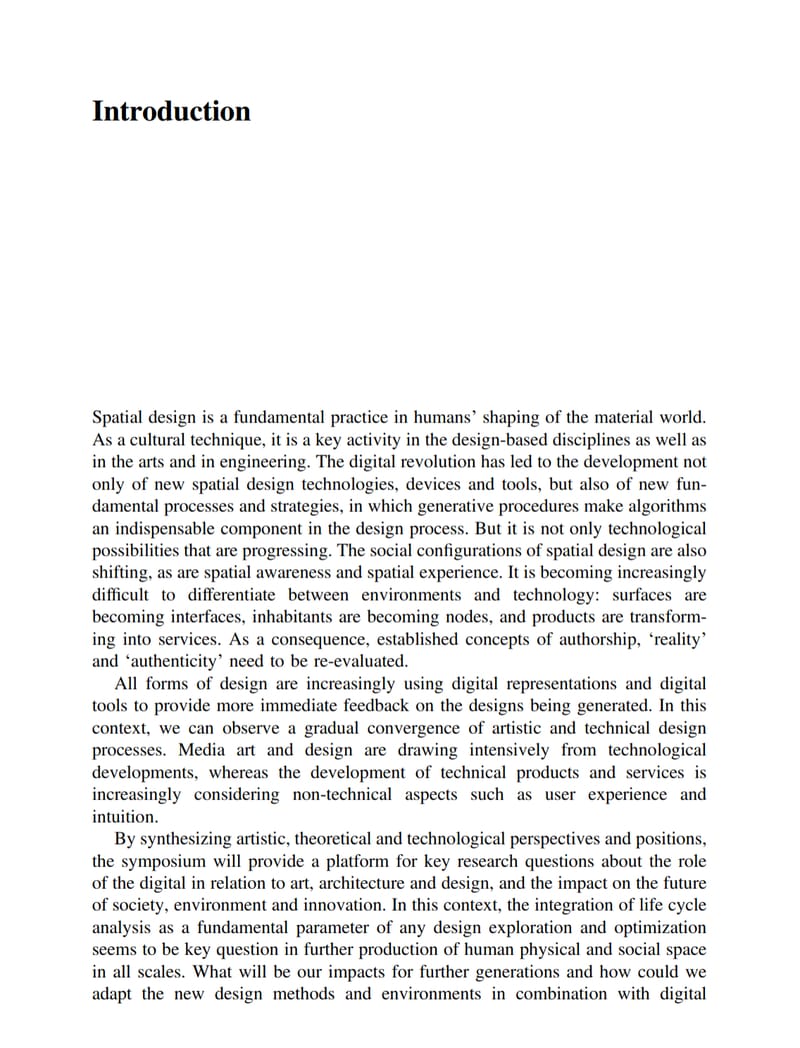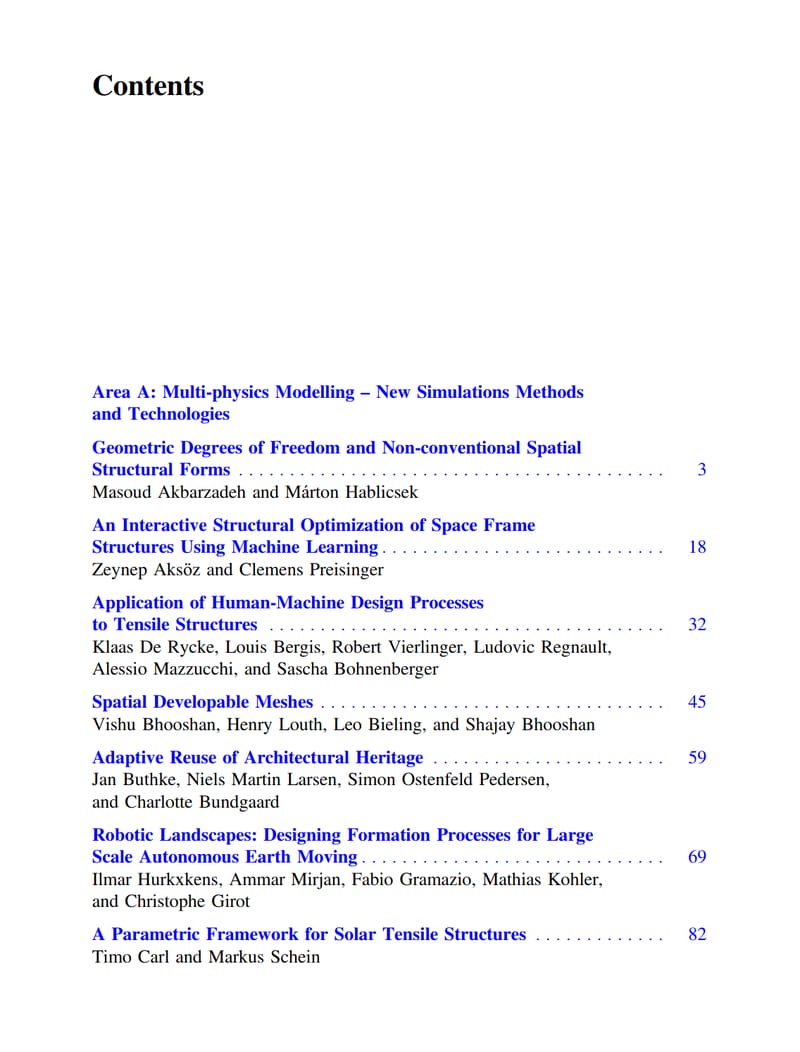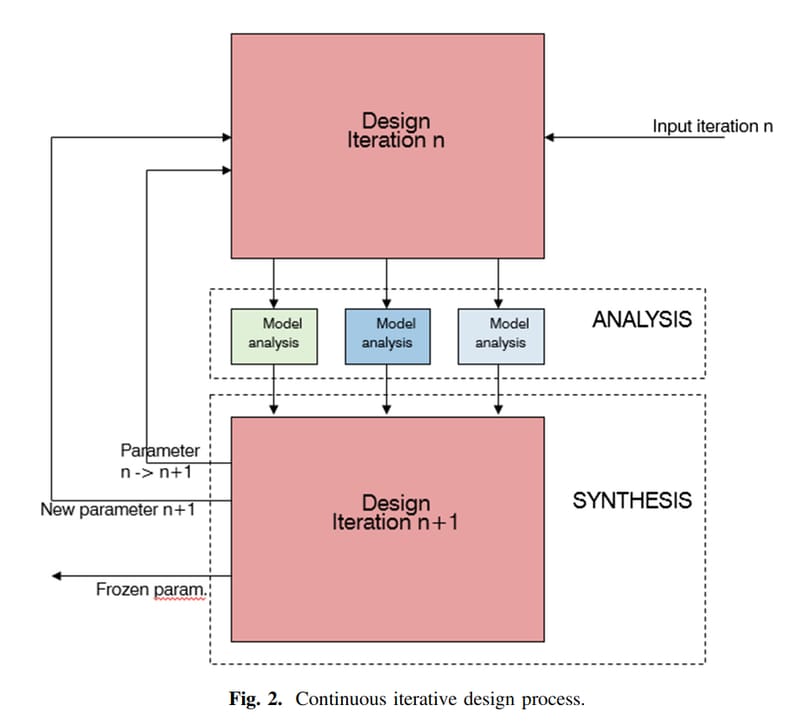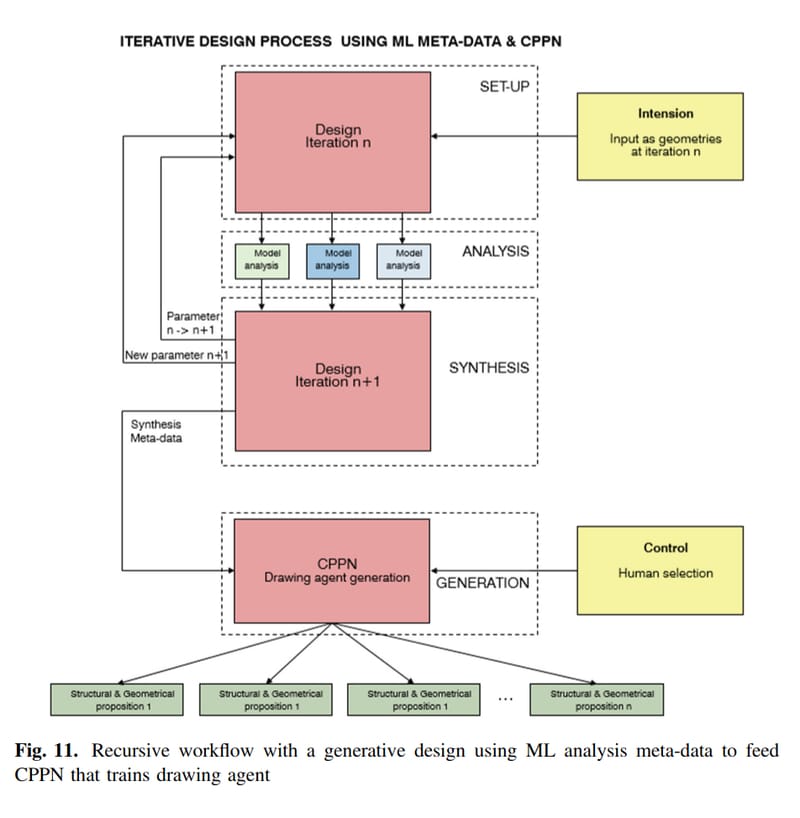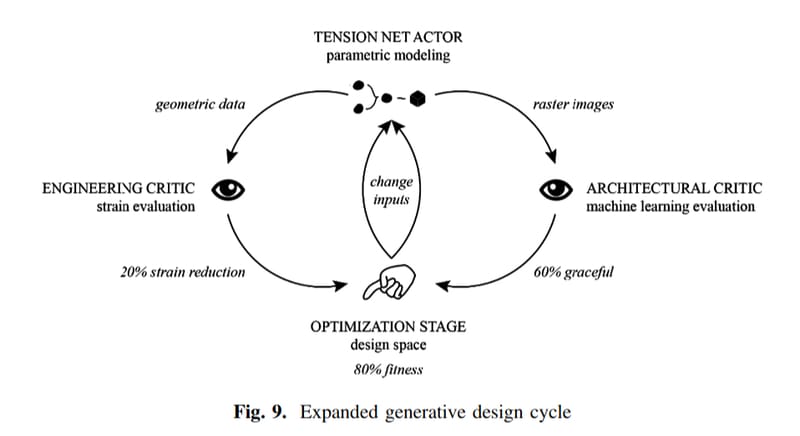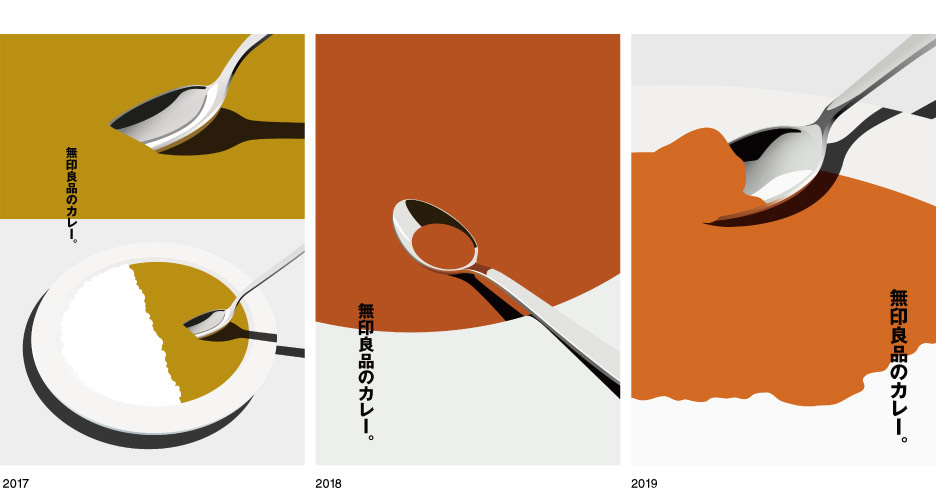
tag > Design
-
pop_os! is boring - and that is a truly fantastic thing!
Been running Pop_OS! as my daily driver for over a year now, and my experience has been truly great. Thinking about what makes my experience great i dawned on me, that it's cause pop_os! is "boring". Let me explain what i mean by this:
- - there are no crashes and hardly any bugs - the OS is reliable, dependable & performant.
- - there are no viruses & exploits (at least compared to windows)
- - there is no spyware or OS manufacturer nastiness (telemetry etc.)
- - there are hardly any wild design inconsistencies (OSX/Win legacy mess)
- - keeping the OS updated is extremely easy and reliable (compared to "win update" hell)
- - customizing the OS to do what ever you want is super easy and powerful.
- - even though the OS allows for customization, it works super smooth with out any of them.
- - there are no commercial interests, which jeopardize the OS (win/osx app stores)
- - etc. etc. etc.
In summary: Pop "just works" so well on all levels, that it makes desktop computing feel "boring". It allows me to forget about the OS completely and focus exclusively on my apps and tasks. And this is a truly fantastic, almost magical thing!
-
Design Methods: Or how to augment group creativity.
-
Buzzwords for a new Industrial Revolution - from the book "A Circular Economy Handbook for Business and Supply Chains: Repair, Remake"
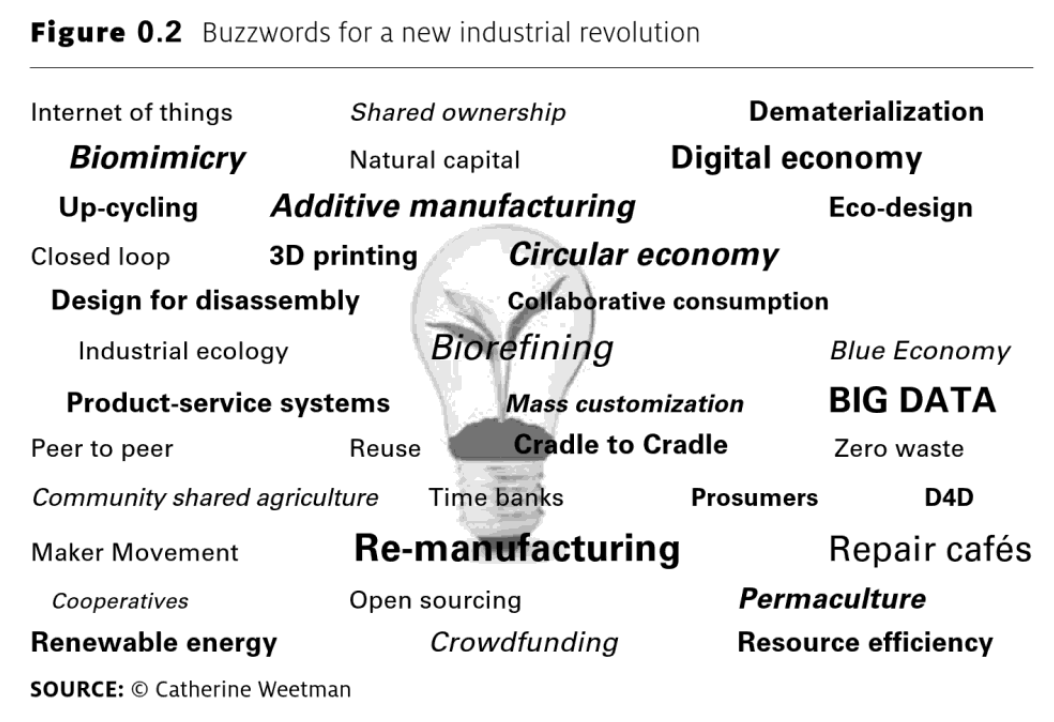
-
Malleable Systems: Software must be as easy to change as it is to use it
The user wants open software, software that can be modified, and that can participate in a progressive improvement process. — J.C.R. Licklider, Some Reflections on Early History (1986)
-
The Focus of Designers. Slide my talk "Augmentation, Amputation, Dehumanisation - Towards Life Centered Design" (2019)
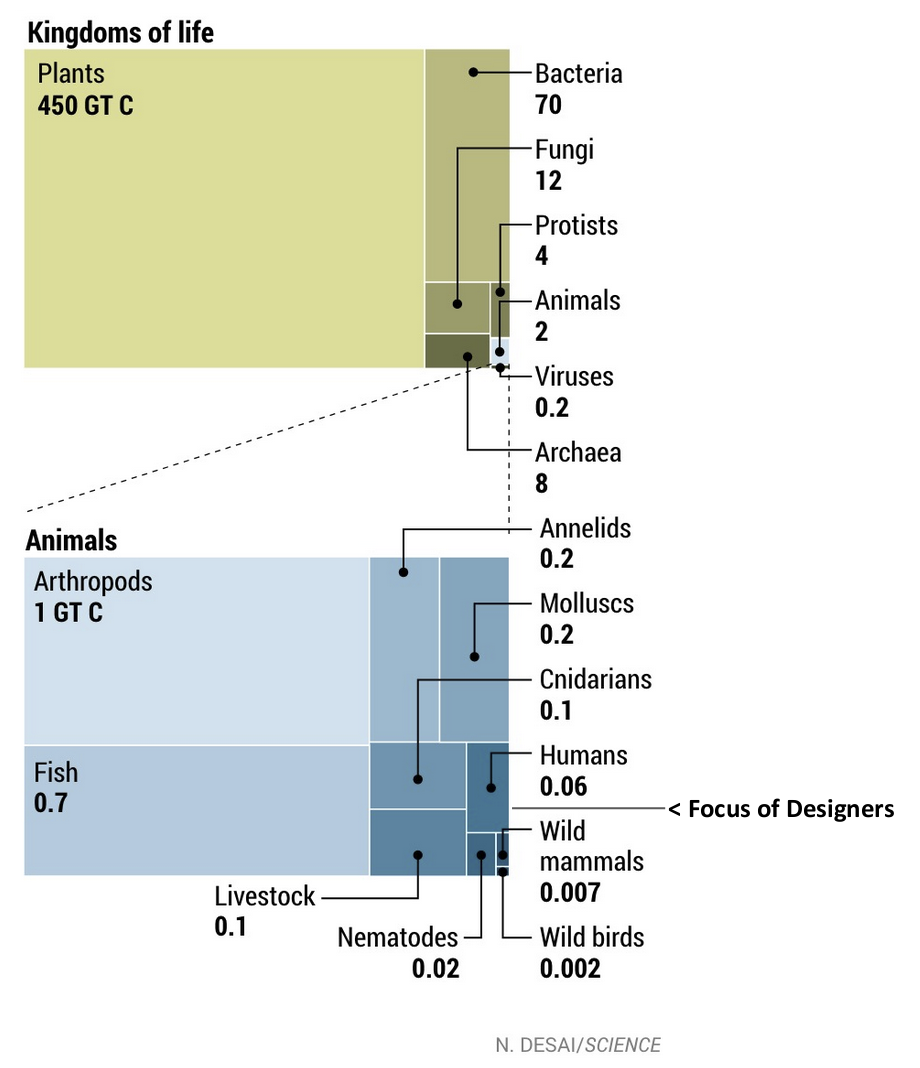
-
Interview with Sissi Chao, passionate and inspirational entrepreneur, founder of REmakeHub
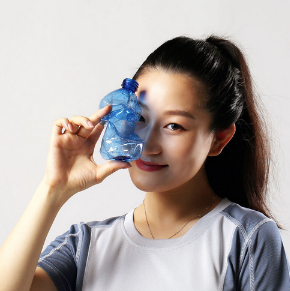
Sissi Chao has master’s degrees from the London School of Economics and Political Science, St Andrews University and Duke University. She has worked in a consulting firm Accenture as well as in the tourism industry at Mouzenidis Group in Greece. She decided that her life mission is to clean up the waste, turn them into renewable resources and recover the planet ecosystem. Her projects “Made for Saving Our Ocean” & “Fashion from Waste” is now on view as part of the socially responsible startup called “REmakeHub”.
-

This study reviewed 147 life cycle studies, with 28 found suitable for harmonizing food waste management methods’ climate and energy impacts. A total of 80 scientific soil productivity studies were assessed to rank management method soil benefits. Harmonized climate impacts per kilogram of food waste range from −0.20 kg of carbon dioxide equivalents (CO2e) for anaerobic digestion (AD) to 0.38 kg of CO2e for landfill gas-to-energy (LFGTE).
-
Bullshit Alert: Citroën rolls out accessible-to-all Ami car that works "just like a smartphone"
#Comment: Electric or Gasoline, Tiny or Big - A car is a car is a car. Compared with public transport (trams etc. which they compete against), the passenger density of a car is horrendous. The incredibly high accident/death ratio of cars won't change due to such new form-factors either (maybe on the contrary), the same is true for traffic congestion. Plus such "cheap tiny throwaway elector cars" will clearly have a substantial environmental impact, just at a different position in the supply chain then gasoline cars. The designers, engineers and managers of such "innovations" clearly suffer from a radical lack of imagination and compassion.
-
Simulation model as a decision support tool
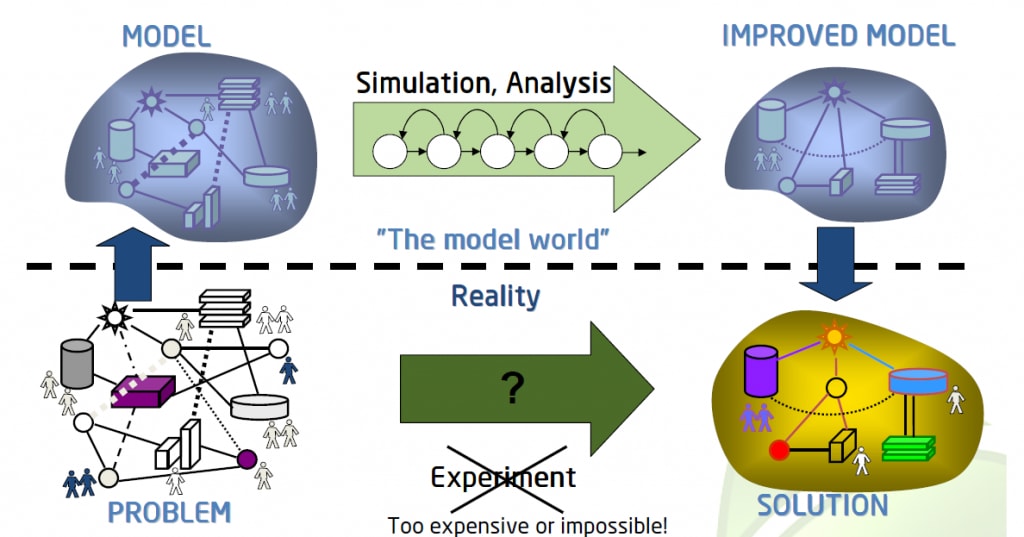
The simulation model does not give optimal decisions, unlike analytical solvers used for classical optimization tasks. The main advantage of this model is that it allows experts to answer the question of “What if?” using computational experiments. In the last decade, a lot of work was done to apply simulation to an opposite task: “What is need for?” This may also be called simulation-based optimization.
-
Evolving the Visual Programming Environment with React - talk by Jonas Gebhardt (2016)
-
The Smart(er) City - Computational Urban Design and Analysis

-
Design Tech - Digital technology is on the brink of changing how we design cities
Connected Places Catapult together with Dark Matter Labs, Open Systems Lab and the Centre for Spatial Technologies undertook a three month collaborative research study reviewing 76 companies across AEC on the cutting edge of this change - looking at how these companies are innovating and revolutionising the design processes in the built environment.
-
The Difference Between Computational Design vs. Generative Design vs. Parametricism
The Future of BIM Is NOT BIM And Its Coming Faster Than You Think - The Sequel
Is GENERATIVE DESIGN the future of architecture?
My MASTERTHESIS on Generative Design
Danish AM Hub Talks: Bastian Schaefer (Airbus) and David Benjamin (Autodesk) (2019)

